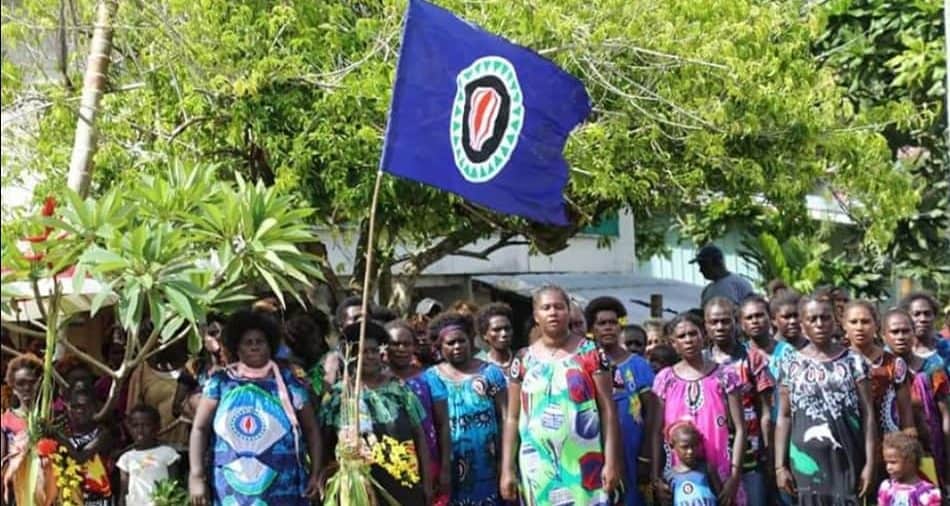Minister for Bougainville Affairs Manasseh Makiba Tuesday reminded parliamentarians that the Bougainville Referendum results are non-binding, and the National Parliament is the only authority that will determine the fate of the referendum results.
He said these when answering questions in Parliament from Central Bougainville MP Simon Dumarinu and supplementary questions from Morobe Governor Luther Wenge and North Bougainville MP Francesca Semoso.
Dumarinu asked Makiba to tell Parliament about the way forward following what he described as a “political impasse” over the ongoing consultations between the Autonomous Bougainville Government and the National Government, over the referendum results.
“We do not have a political impasse over the Bougainville Referendum results,” Makiba said.
“The Bougainville Referendum is yet to be formally tabled in the National Parliament. And I want to make it clear to everyone that under the Constitution, section 342, and the Bougainville Peace Agreement, the Bougainville Referendum results is non-binding.
“What does that mean? It means that it (referendum results) does not take immediate legal effect until this National Parliament approves or ratify it. That is the position in law regarding the Bougainville referendum results.
“And I want to make it clear to everyone that there is no other authority that will determine the fate of the Bougainville Referendum results. It is this National Parliament that will determine (the results).
“And I want to make it clear to everyone and to the country that the Bougainville Referendum was very peculiar, and it must be properly and correctly seen in the context of internal conflict resolution and peace.
“I also want to make it clear that the Bougainville Referendum must not be seen in the context of decolonisation from a colonial power. PNG is not a colonial power.
“It must be seen in the context of internal conflict resolution over the Bougainville crisis, and it must be seen in the context of peace, and we must all stick to the Bougainville peace agreement and the Constitution.
“And I also want to stress that because of this perspective, the Bougainville Referendum must be properly and correctly distinguished from the situation of New Caledonia or West Papua for that matter.
“Section 342 of the Constitution provides for consultations between the National Government and the ABG over the referendum results. The two governments have had a number of consultations. The first one was in Kokopo, second was in Wabag and the third was in Port Moresby.
“This particular provision in the Constitution does not specify any time limit for the consultations. So, it is up to the two governments to consult on the referendum and whatever the decision they reach after the consultations will be brought before Parliament. “The final decision rests with the National Parliament over the Bougainville Referendum results, and that is very clear, said Makiba.
